PREVIEW: Radical Software-Women, Art & Computing 1960-1991
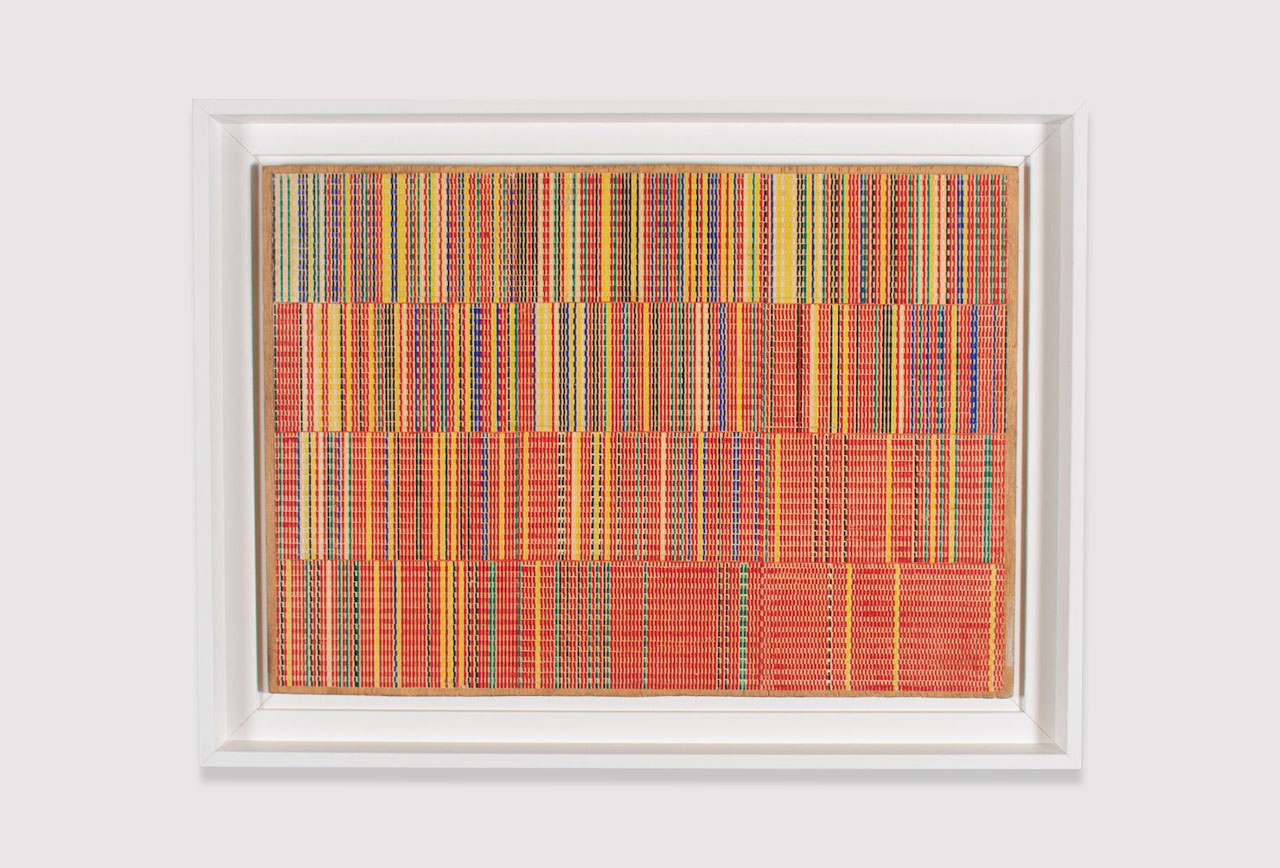 The exhibition “Radical Software: Women, Art & Computing 1960–1991” is the first survey of the history of digital art from a feminist perspective, comprising more than 100 works by fifty artists. The selection includes painting, sculpture, installation, film, performance and many computer-generated drawings and texts. Created in the pre-internet era, from the 1960s to the early 1990s, these works were made by women working with computers, taking up computers and technology as a subject, or working in an inherently computational way.
The exhibition “Radical Software: Women, Art & Computing 1960–1991” is the first survey of the history of digital art from a feminist perspective, comprising more than 100 works by fifty artists. The selection includes painting, sculpture, installation, film, performance and many computer-generated drawings and texts. Created in the pre-internet era, from the 1960s to the early 1990s, these works were made by women working with computers, taking up computers and technology as a subject, or working in an inherently computational way.
By Dimitris Lempesis
Photo: Mudam Archive
A principally analogue exhibition about digital art, “Radical Software: Women, Art & Computing 1960–1991” focuses on the decades that preceded the rise of the World Wide Web and the proliferation of digital information and images that ensued, shaping artistic production and visual culture in the following decades. The exhibition is titled after the magazine that Beryl Korot started with fellow artists Phyllis (Gershuny) Segura and Ira Schneider in 1970. They adopted the term software (as opposed to hardware) as a metaphor and powerful tool for social change. The magazine’s wide-ranging editorial model and mission to serve as ‘an evolving handbook of technology’, providing access to and decentralising information, predated the World Wide Web by two decades. The exhibition spans a period from the first years of integrated circuit computing in the 1960s to the ‘microcomputer revolution’, which led to the birth of home computing in the 1980s. During these three decades the computer migrated from the laboratory to private, domestic space. From the 1960s, artists, poets, writers and filmmakers experimented with mainframe and minicomputers alongside mathematicians, scientists and engineers to produce and exhibit the first computer-generated images and texts. Yet with each retelling of this history, the significant engagement of women with this technology has been largely overlooked. Set within a period that was also marked by the second wave of feminism, this exhibition documents a lesser-known history of the inception of digital art, countering conventional narratives on art and technology by focusing entirely on female figures. The exhibition follows a renewed interest in the post-internet discourse of cyberfeminism, which highlights the role that women played in the creation of new digital technologies and engages critically with the entanglement of technology and power structures. The exhibition is accompanied by a catalogue which contextualises this art history within the social and scientific legacy of computing. It includes a timeline that traces its origins from the first algorithm written by Ada Lovelace in 1843 and the women working on the industrial looms of nineteenth century textile mills to the computational work done by hundreds of female mathematicians working at NASA in the 1950s and 1960s. The exhibition also engages with contemporary questions of how technology interfaces with issues of identity and equality.
Participating Artists: Rebecca Allen, Elena Asins, Colette Stuebe Bangert & Charles Jeffries Bangert, Gretchen Bender, Gudrun Bielz & Ruth Schnell, Dara Birnbaum, Inge Borchardt, Barbara Buckner, Doris Chase, Analívia Cordeiro, Betty Danon, Hanne Darboven, Bia Davou, Agnes Denes, VALIE EXPORT, Anna Bella Geiger, Isa Genzken, Dominique Gonzalez-Foerster, Lily Greenham, Samia Halaby, Barbara Hammer, Lynn Hershman Leeson, Grace C. Hertlein, Channa Horwitz, Irma Hünerfauth, Charlotte Johannesson, Alison Knowles, Beryl Korot, Katalin Ladik, Ruth Leavitt, Liliane Lijn, Vera Molnár, Monique Nahas & Hervé Huitric, Katherine Nash, Sonya Rapoport, Deborah Remington, Sylvia Roubaud, Miriam Schapiro, Lillian Schwartz, Sonia Sheridan, Nina Sobell, Barbara T. Smith, Tamiko Thiel, Rosemarie Trockel, Joan Truckenbrod, Anne-Mie Van Kerckhoven, Ulla Wiggen
Photo: Monique Nahas (with Hervé Huitric), Untitled, 1971, Courtesy of the RCM Galerie
Info: Curators: Michelle Cotton, Assistant Curator: Sarah Beaumont, Mudam Luxembourg (Musée d’Art Moderne Grand-Duc Jean), 3 Park Dräi Eechelen, Luxembourg-Kirchberg, Duration: 20/92024-2/2/225, Days & Hours: Tue & Thu-Sun 10:00-18:00, Wed 10:00-21:00, www.mudam.com/
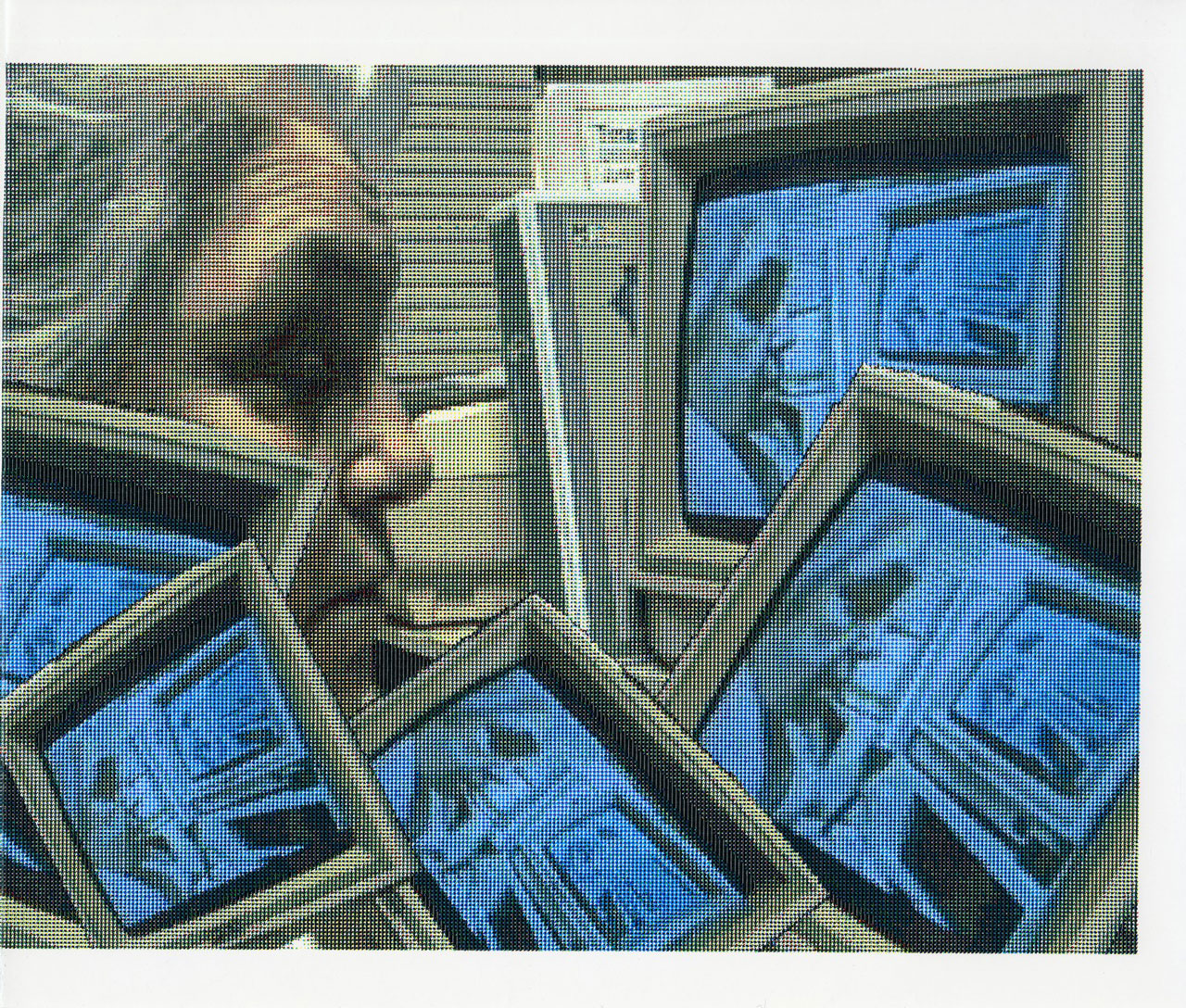
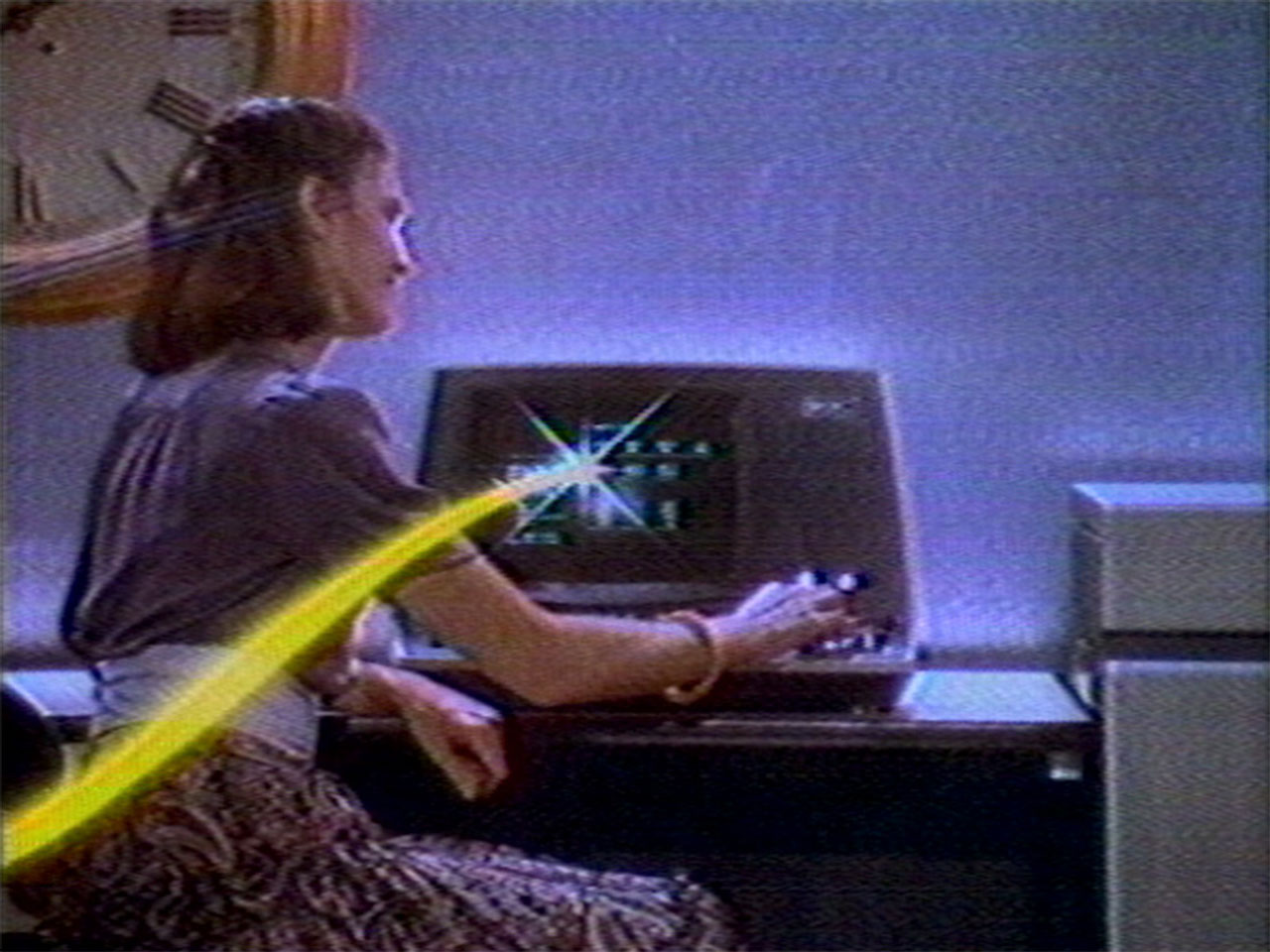
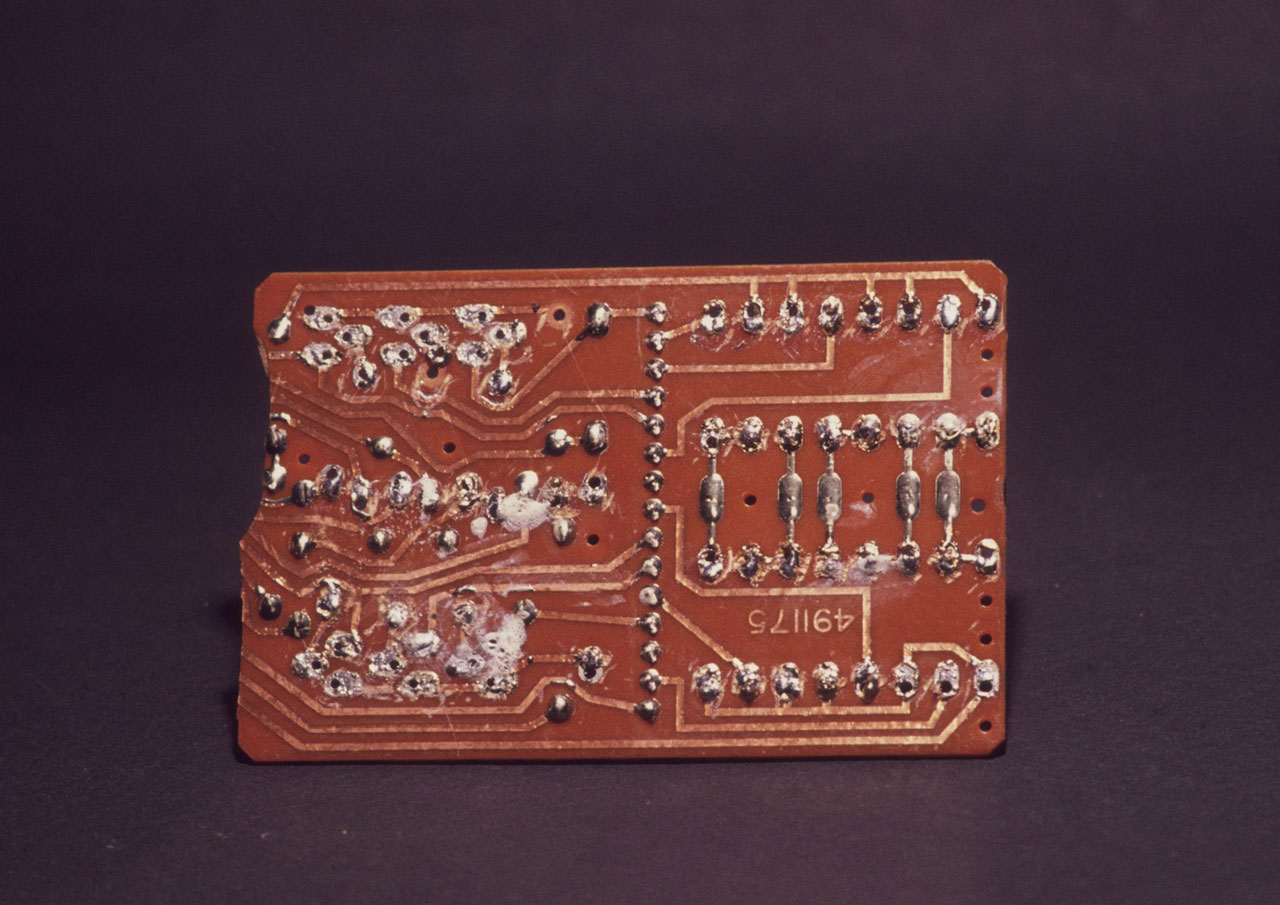
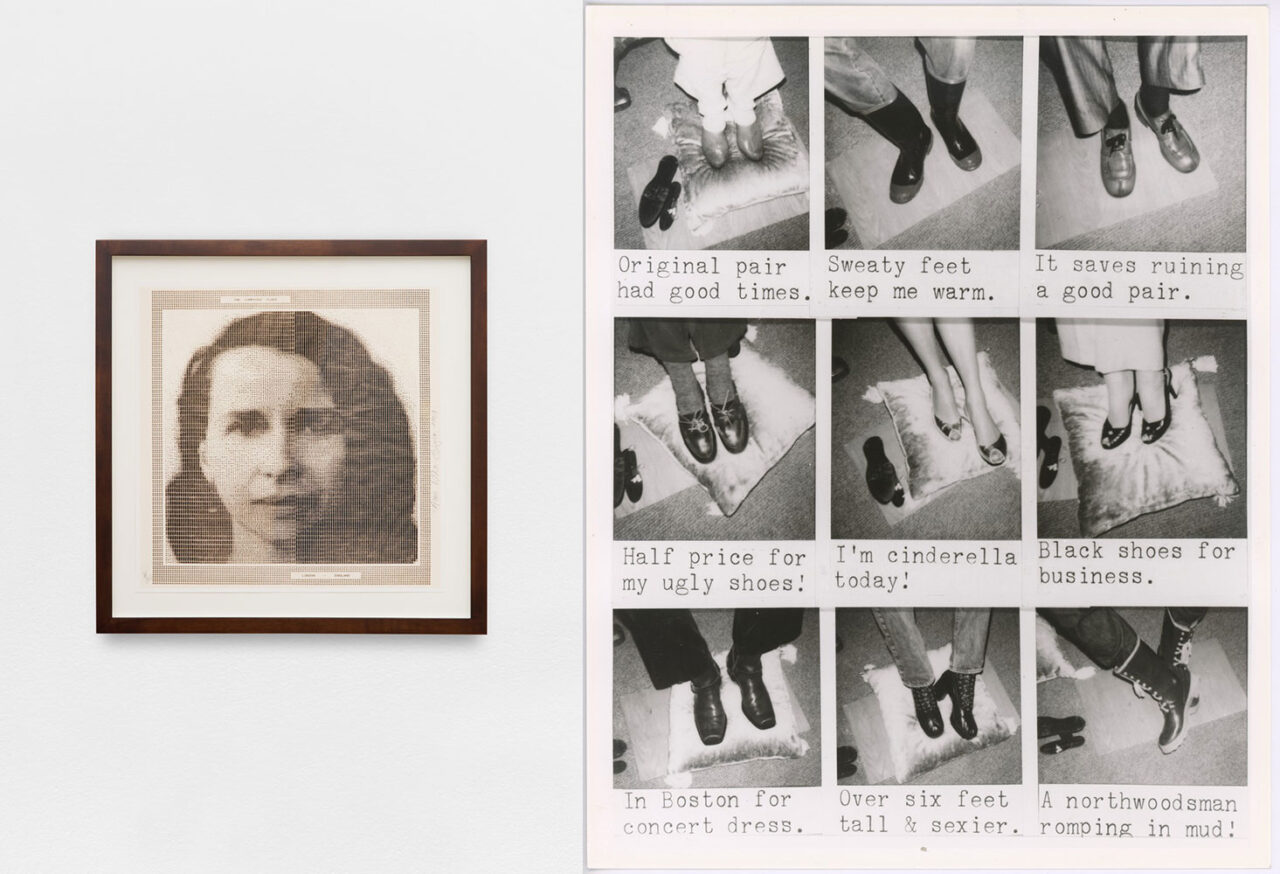
Right: Sonya Rapoport, Shoe-Field, 1982–89, Published in High Performance, Issue 22, No. 66, 1983 Courtesy Estate of Sonya Rapoport
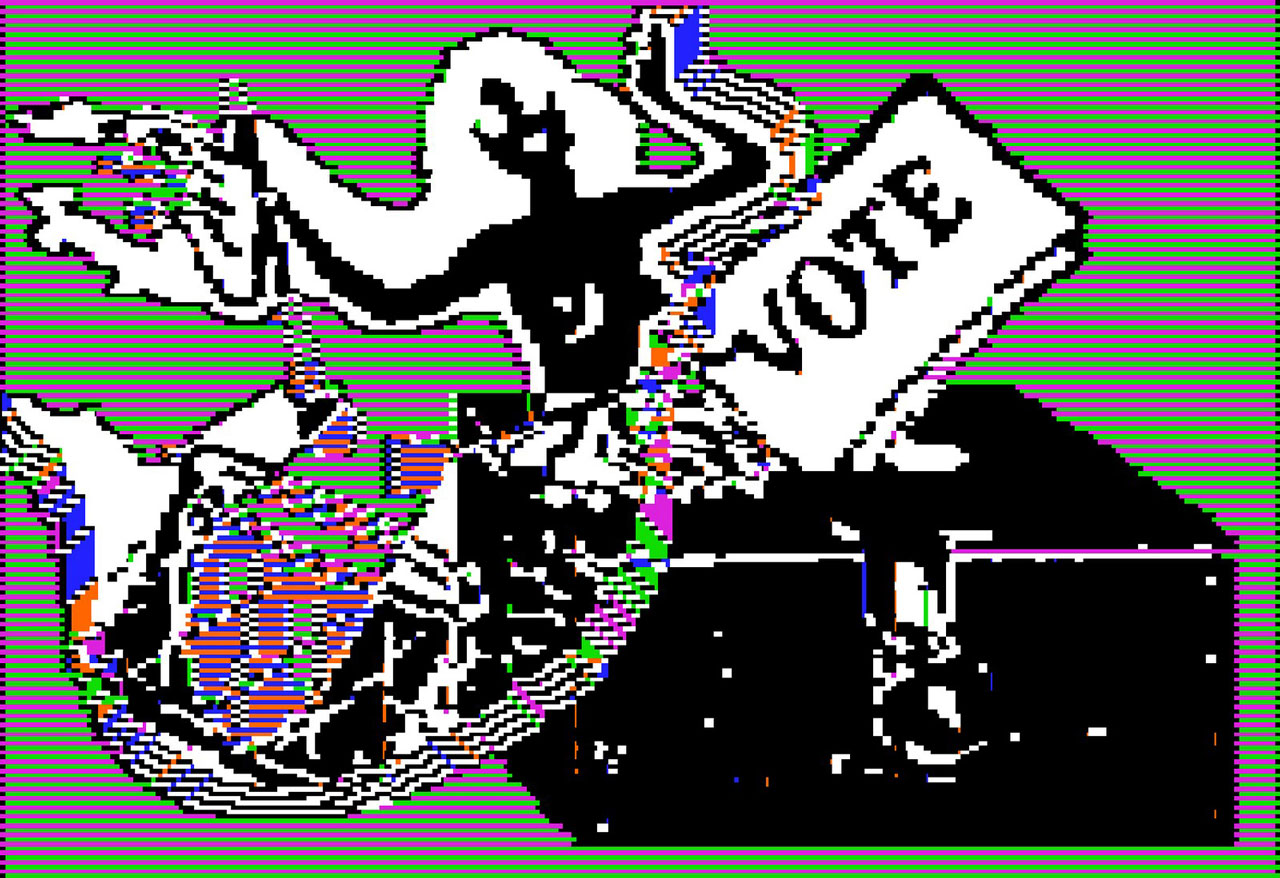
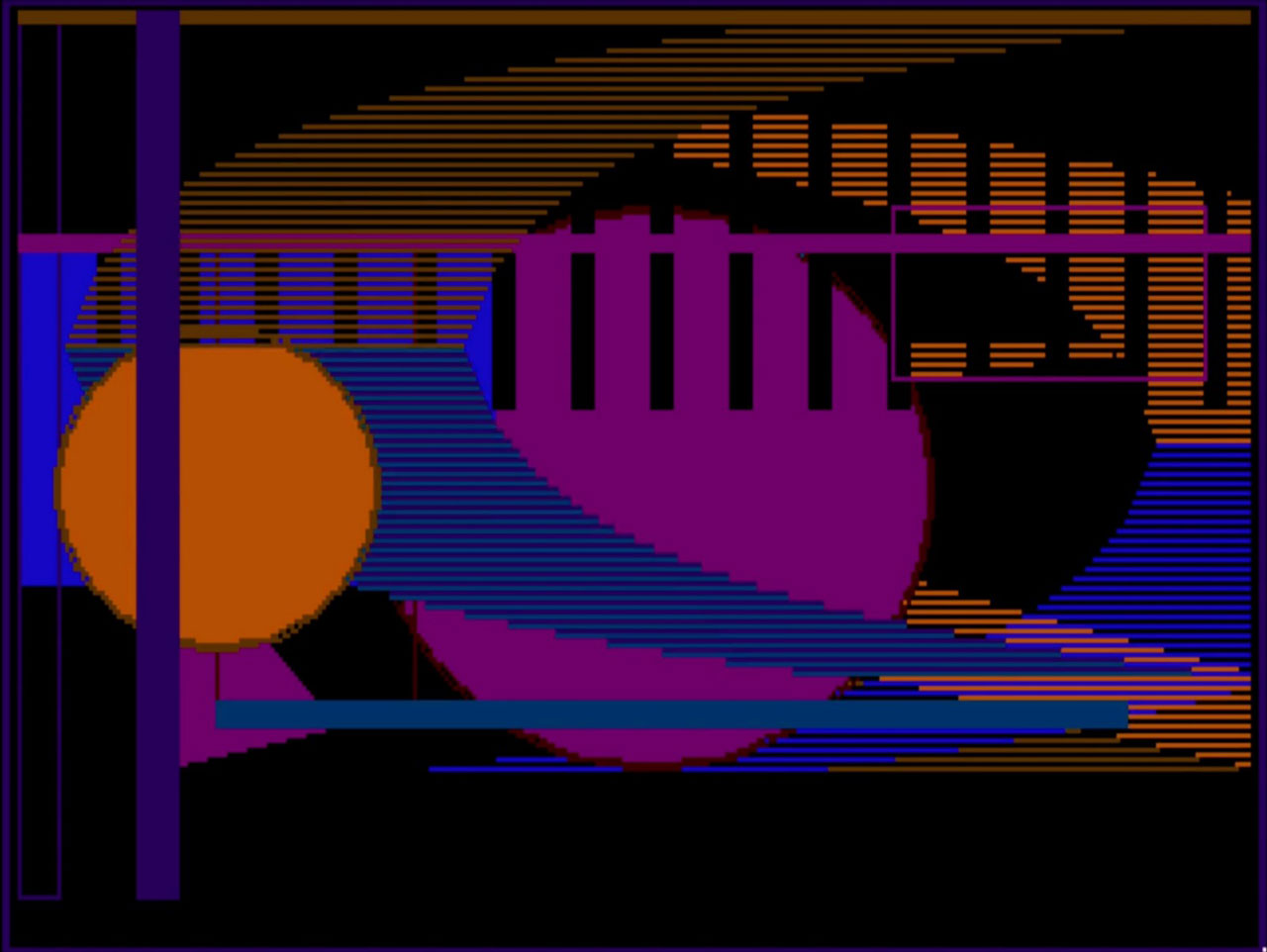
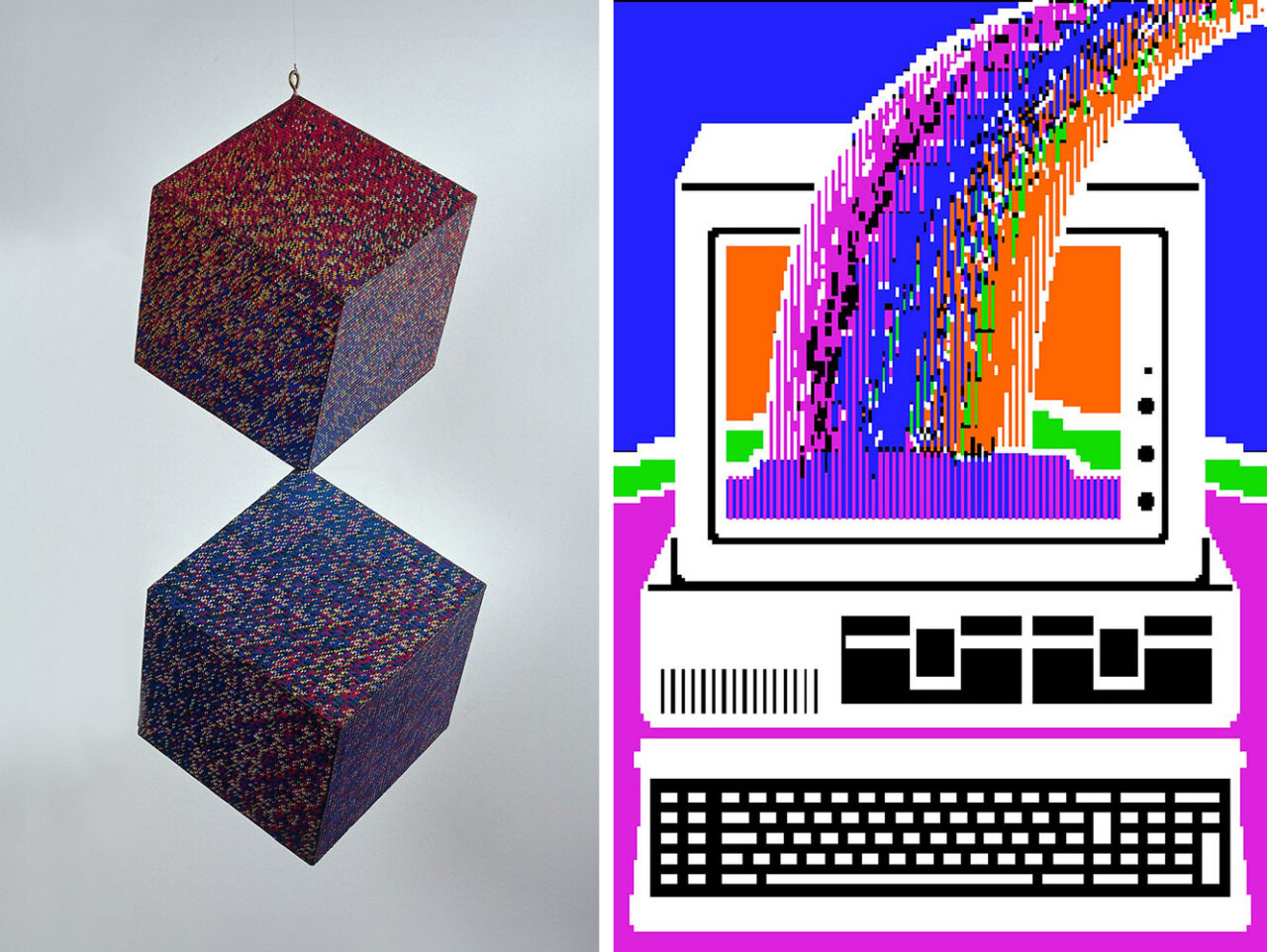
Right: Charlotte Johannesson, Untitled (detail), 1981–85, Courtesy of the artist and Hollybush Gardens, London
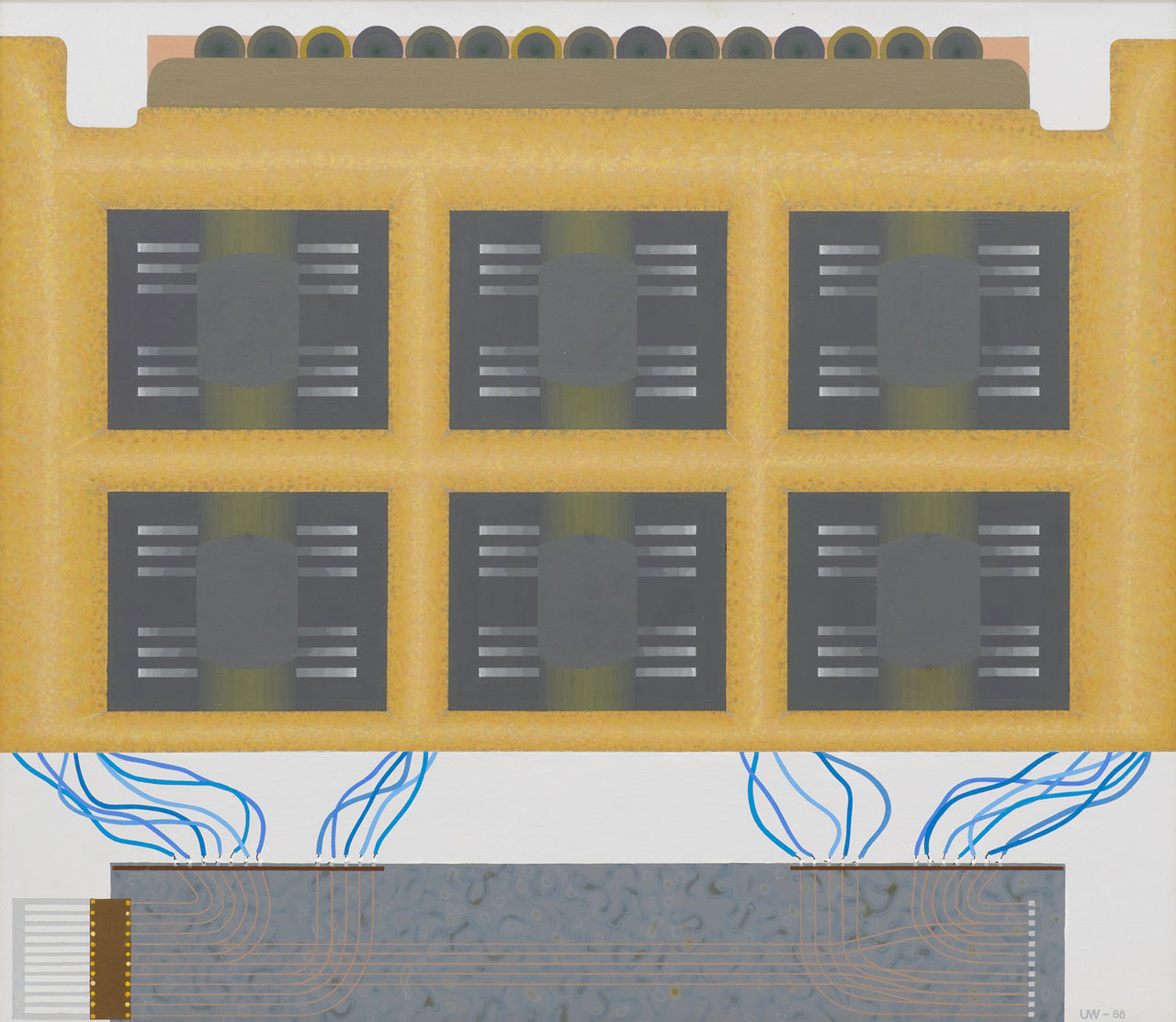
Ulla Wiggen, Oändligt variabel, 1968, T&C Collection | Courtesy Galerie Buchholz

